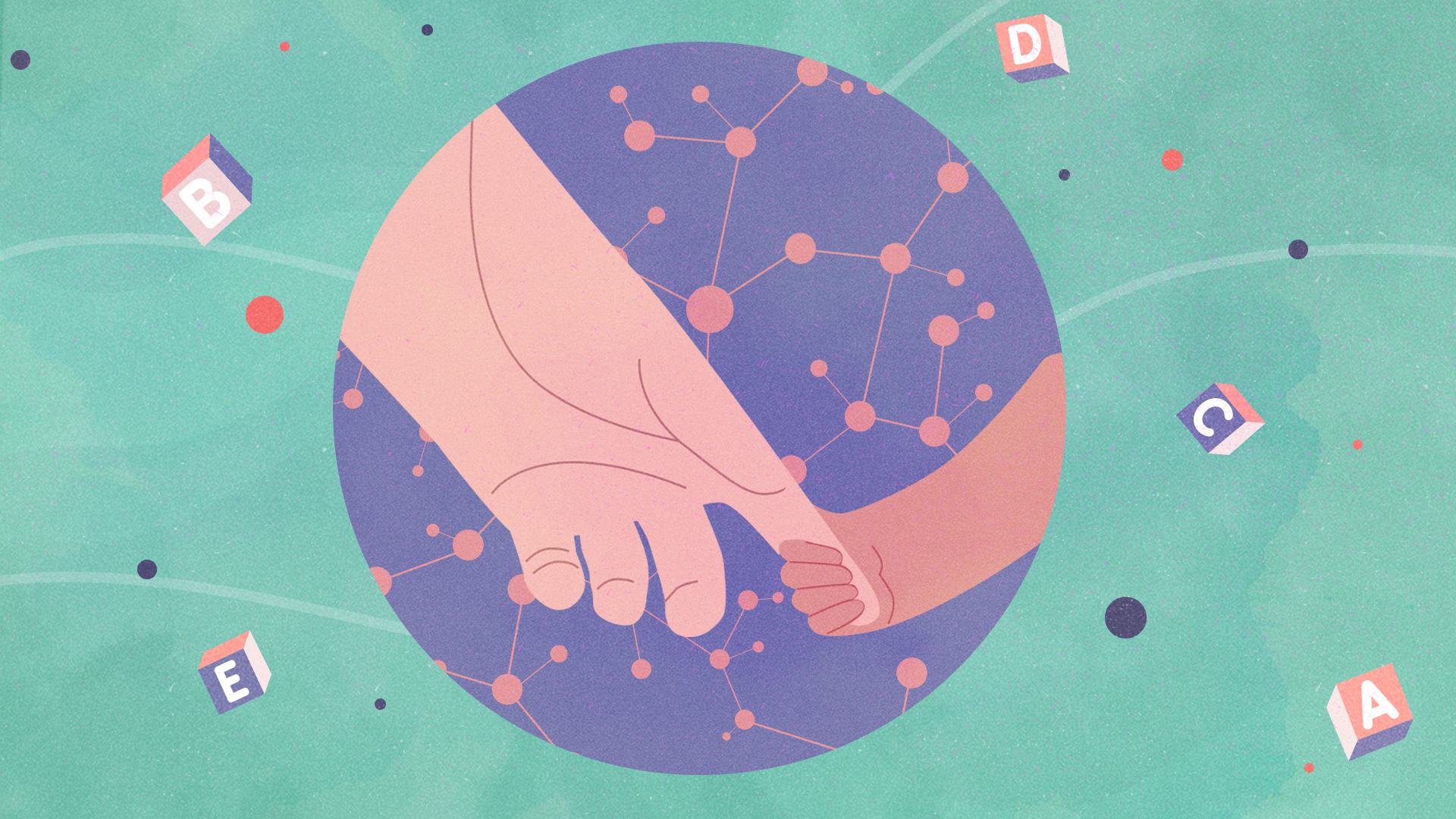Our culture often makes fatherhood seem scary and intimidating. The myth abounds that being a dad is draining — emotionally, intellectually, and financially. Kids are portrayed as needy, and there’s rarely a break. As a father, we are told, you will sleep less, worry more, struggle to advance in your career, and morph physically into a “dad bod.”
But new research shows that fatherhood actually comes with far more benefits than costs. Studies show that, in fact, kids motivate dads to be healthy and more physically active than non-dads; that involved fatherhood brings a sense of purpose and greater self-esteem while alleviating stress and mental-health issues; and that good dads are rewarded with a stronger marital bond.
As for career concerns, a 2016 study, for which 17,000 working fathers were surveyed, revealed that full-time working dads out-earn non-dads, on average, by a fifth. Another recent study, published by the Academy of Management Perspectives, showed that men who have families to return to at the end of the day are happier at work. Of course, increased happiness also leads to improved self-care.
According to Marcus Goldman, author of The Joy of Fatherhood, being a dad inspires men to take better care of themselves, including being more diligent about regular doctor visits and exercise, because they want to set a good example for their little ones, and to be around for their children as they grow. Plus, the intense physical aspects of child-rearing — lifting up those wiggly weights on a regular basis, coordinating a diaper change, pushing a stroller up a hill, or simply wrestling on the bed — burns calories throughout the day. For many dads, studies show, a healthier lifestyle can also mean eliminating the risky remnants of their old childless lives: quitting smoking, cutting down on bar nights, and selling that old motorcycle.
No one would argue that the pressures of parenthood aren’t demanding and stressful, but a long-term study by the National Institute of Mental Health found that parenthood also comes with surprising stress-reducing benefits. Dads who have good relationships with their children are less prone to stress-related health problems, such as chest pain, insomnia, fatigue, and indigestion.
The small daily routines that involved fathers share with their kids — think: sitting down to breakfast together before work, watching that episode of “Thomas the Tank Engine,” making up a silly song to sing during diaper changes, or just taking a little outing around the neighborhood — can help put everyday stresses in perspective and create a deep sense of renewal.


